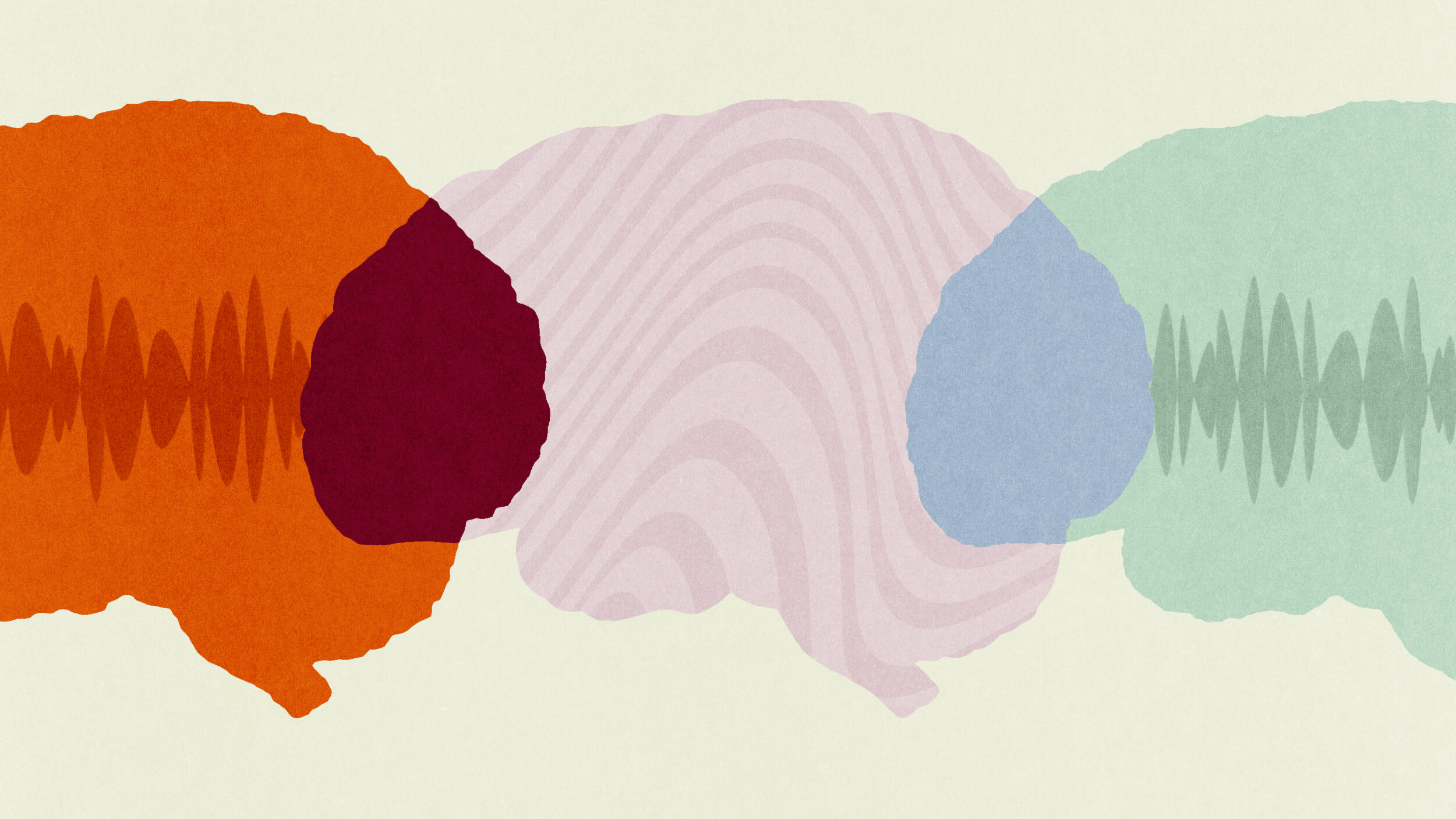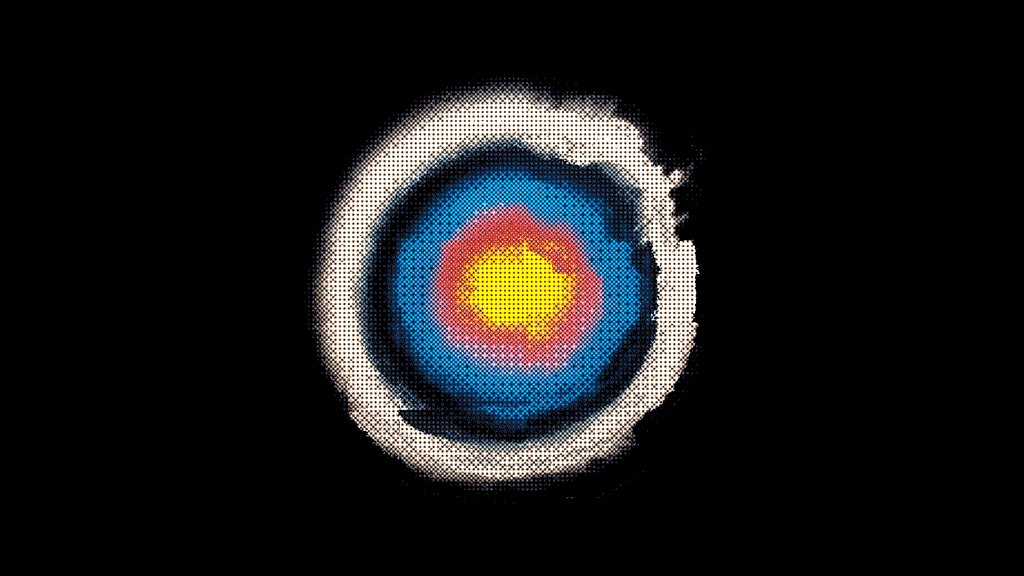How many secrets are you holding right now? If the answer is around 13, you’re about average, according to research on the nature of secrets.
Secrets aren’t all bad. Some are rather trivial. But sometimes, keeping secrets can weigh us down and cause psychological distress.
Michael Slepian, an associate professor at Columbia Business School, has spent years studying the nature of secrets, why we hold them, and which kinds of secrets people deem the most serious.
As Slepian explains in this Big Think video, his research has revealed that secrets generally can be sorted into three domains. Gaining a better understanding of your secrets can help you improve your well-being.
MICHAEL SLEPIAN: We all keep secrets. You likely have a secret right now, if not multiple. What we see in the research is that the average person has as many as 13 secrets at any given time. When we keep a secret, we're often trying to protect something: maybe we're trying to protect ourselves and our reputation, or maybe we're trying to protect someone we care about, but we don't always draw the line in the right place. A secret can feel heavy, like this weight we're carrying around with us, and so, our secrets can hurt our health and our well-being, but it doesn't have to be that way- our secrets don't have to hurt us.
For so long, we've known so little about how our secrets affect us, partly because we don't talk about our secrets. I've been studying secrecy for the past 10 years, and when I first started this research, one of the most important questions to understand is what do people keep secret? And we found 38 different categories could really well cover what people said that they were keeping secret. What you're keeping secret will matter a great deal, and if you're wondering how the content of your secret relates to well-being, 38 categories is just too many to answer that question, and so we needed to reduce that number. So we went from 38 different categories of secrets to three-dimensions, and it turned out that if we created a three-dimensional map, we could scatter the secrets in a particular way to match what our participants generated. And so, we drew subway lines running through the three-dimensional space at every single possible angle, and created a list of secrets as you would pass them along each subway stop. And then we showed participants those lists and said, "Hey, do you see these secrets sorted in any meaningful way, and if so, what explains their ordering?" And most of those orderings wouldn't make any sense, but some, by chance, were, and those were the lines where participants most often did see a sensible ordering. And it turned out with just three-dimensions, we could describe this space.
The three-dimensions turned out to be how immoral the secret is, how much the secret involves our relationships and social connections, and how much the secret involves our goals and aspirations. And so secrets that are really high on the immoral dimension, those include, you know, cheating, lying, whereas secrets really low on that dimension don't feel immoral, a secret hobby, for example. Secrets that are high on the relational dimension very much involve our relationships with other people, and so anything about sex is really high on that dimension, whereas on the other side, it feels really personal and individual, and so that could be an experience of trauma. And then finally, that third-dimension, secrets that are really high and related to goals and aspirations: these are often secrets about money, work, ambitions, whereas secrets low on that dimension don't really involve striving for something- a family secret, or even again, an experience of trauma, something that's not based in logic or reason, but is based in feeling. So it's important to not think about them as categories, but as essentially dimensions that to have two ends, and so a secret can be really high or really low.
And so if you wanna know how your secret compares to other secrets, knowing that there's three primary dimensions of secrets is quite useful, because each of those secrets can harm you. But in that is some good news: there's three ways in which a secret doesn't have to harm you. So understanding how your secret hurts you can help you find the path forward. So with that first dimension, even if you've done something wrong in the past, understanding that your past mistakes do not reflect who you are today and doesn't reflect your future behavior, that's another way to feel that the secret isn't hurting you on this first dimension. And for the second dimension, you might think, 'Keeping the secret protects someone I know.' If this is your situation, understanding that even if the secret is difficult to keep, you're doing it in a way to benefit others. And for the third dimension, do you understand your reasons for having the secret? And if that feels like a very fitting situation, again, it may not be easy, but at least you understand why you're keeping the secret. And so if you can identify one of these as fitting your situation, and we find 95% of the time people say, "Yeah, one of these pathways is helpful."
What we see in the research is that makes them feel more capable of coping with the secret, and that's a major step forward. Feelings of control and feelings of efficacy are some of the most important feelings to human life. When people feel in control, when people feel capable of coping with life's challenges and stressors, they do better and they're healthier and they even live longer.







